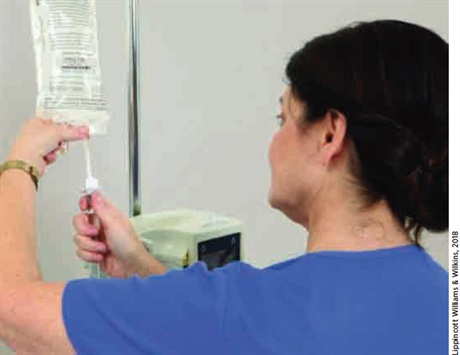Comparative Analysis of Postoperative Outcomes in Laparoscopic vs. Open Inguinal Hernia Repair
Keywords:
Keywords: Inguinal hernia, laparoscopic repair, open surgery, postoperative pain, recurrence, patient satisfactionAbstract
Laparoscopic inguinal hernia repair has increasingly gained prominence as a preferred surgical approach due to its minimally invasive nature, reduced postoperative discomfort, faster recovery times, and improved patient outcomes. This prospective, multicenter study aimed to evaluate and compare clinical outcomes between laparoscopic and open inguinal hernia repair methods. A total of 680 adult patients undergoing inguinal hernia repair between 2022 and 2024 at four major teaching hospitals were included in the study cohort. Patients were divided into two groups based on the surgical technique used: 370 patients underwent laparoscopic repair, while 310 patients received conventional open repair.
Postoperative pain was assessed using the Visual Analog Scale (VAS), revealing a significantly lower mean score in the laparoscopic group (VAS: 3.2 ± 1.4) compared to the open surgery group (VAS: 5.9 ± 1.7, p<0.001), indicating better pain control and enhanced comfort in the minimally invasive group. Furthermore, the mean duration of hospital stay was significantly reduced for patients undergoing laparoscopic repair (1.7 ± 0.9 days) in contrast to those in the open repair group (3.4 ± 1.5 days, p<0.001).
Postoperative infection rates were also lower in the laparoscopic group (3.5%) compared to the open surgery group (8.1%, p=0.002). Additionally, the average time to return to daily activities was shorter among laparoscopic patients (9.8 days vs. 16.2 days), reflecting quicker functional recovery. At the 6-month follow-up, recurrence rates were 2.7% for laparoscopic and 4.1% for open repair. Importantly, patient satisfaction scores were notably higher in the laparoscopic group (91.6% satisfied vs. 78.9%, p=0.004), further reinforcing the benefits of the minimally invasive approach.
In conclusion, these findings provide strong evidence supporting laparoscopic inguinal hernia repair as a safe, effective, and patient-centered surgical option, offering significant advantages over open techniques in terms of recovery, complication rates, and overall patient experience.
Downloads





